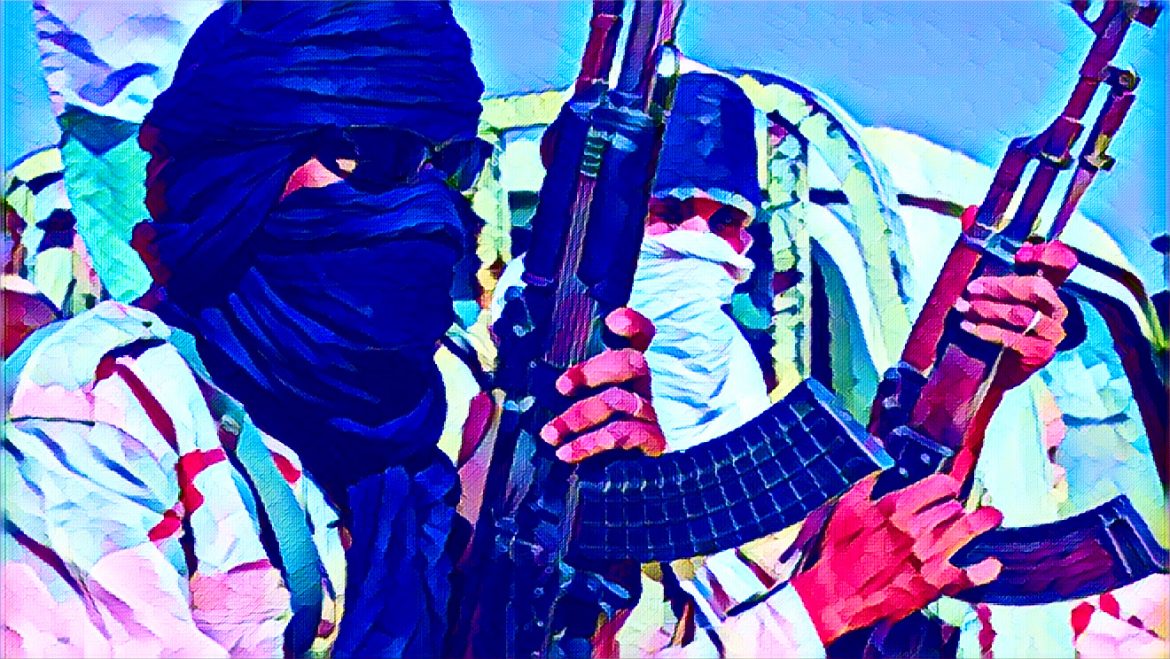The insecurity problem in Nigeria is a complex issue that has persisted through various administrations, exacerbating tensions and fostering instability throughout the nation. In an in-depth article by Tope Olaiya, the focus is placed on the entrenched problems of collusion between local communities and various insurgent groups such as bandits, kidnappers, and terrorists. This collusion, along with the failure of successive governments to effectively address these issues, has led to a deteriorating security landscape that now seems to be accepted as the norm by the populace.
President Tinubu’s administration, aware of the gravity of the situation, has embarked on tours to key national security installations like the National Counter Terrorism Centre (NCTC) in Abuja, signaling a potentially revamped approach to tackling these issues. However, despite the government’s efforts, challenges remain, particularly with the Nigerian Army and Police Force facing operational constraints and struggling to adapt to the guerrilla tactics employed by insurgents, a challenge similarly experienced by American forces in Iraq and Afghanistan.
The article suggests a shift in strategy to a more community-focused approach that prioritizes winning the hearts and minds of the local populations. This includes enhancing intelligence gathering by enlisting the local community’s help in identifying and reporting insurgent activities. The adoption of advanced technology such as drones and unmanned autonomous vehicles (UAVs) for surveillance and targeted operations is also recommended to improve the precision and effectiveness of security operations.
Further, there is a call for the establishment of state police, which remains a contentious issue. While the author does not fully endorse this idea, there is strong advocacy for community policing, which involves recruiting locals into the security forces to aid in intelligence gathering. The idea is to have police officers and agents embedded within communities, particularly those most affected by insecurity, to ensure that intelligence gathering is localized and more effective.
The article outlines several key measures that could potentially turn the tide against insecurity:
1. Repurposing the national counterterrorism center to focus more on human intelligence.
2. Utilizing drones and UAVs for better surveillance and precision strikes.
3. Creating a national biometric database to aid in crime fighting.
4. Encouraging recruits to serve in their local communities to improve intelligence gathering.
5. Establishing a civilian militia to assist in coordinating security efforts.
6. Implementing harsher penalties for terrorism, including the death penalty for severe offenses and their collaborators.
7. Ending the policy of unconditional forgiveness for terrorists and bandits to deter further criminality.
8. Proposing legislative reforms to establish special courts for terrorism-related cases to expedite proceedings and limit appeals.
The article emphasizes the need for a cultural shift away from the prevalent “Oga Abeg” attitude—a local expression for evading responsibility—towards one of accountability and stringent law enforcement. The author calls for public engagement and a more robust legal framework to ensure that offenders are adequately punished, advocating for societal change that aligns with the strict enforcement of law and order.
The proposed strategies signify a comprehensive overhaul of the current security protocols and suggest a multi-faceted approach that involves legislative changes, community involvement, technological advancements, and a reshaping of the national security policy framework. The effectiveness of these strategies, however, will depend largely on their implementation and the government’s ability to foster trust and cooperation among the citizens, particularly those in the most volatile regions.
Source: The Guardian


